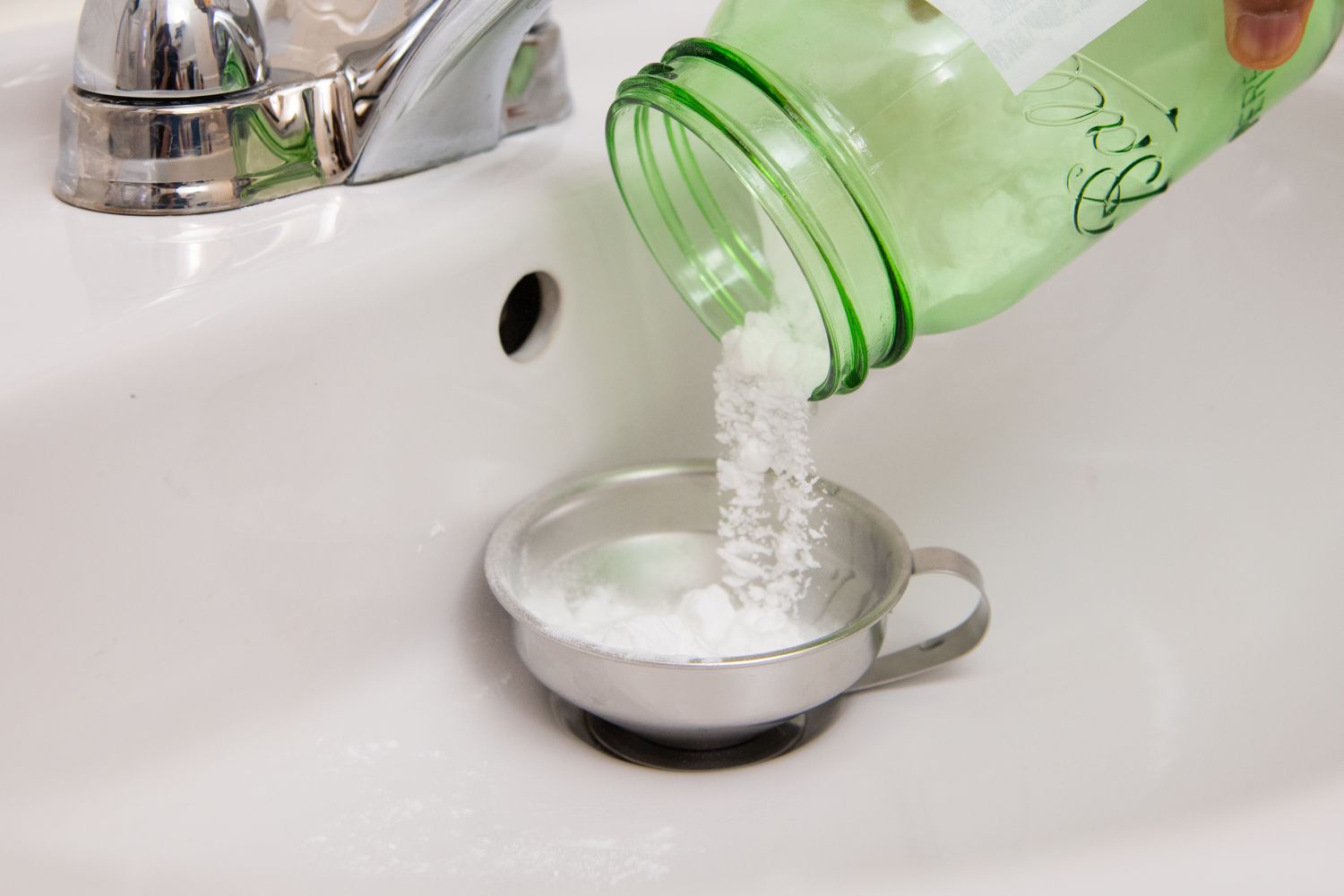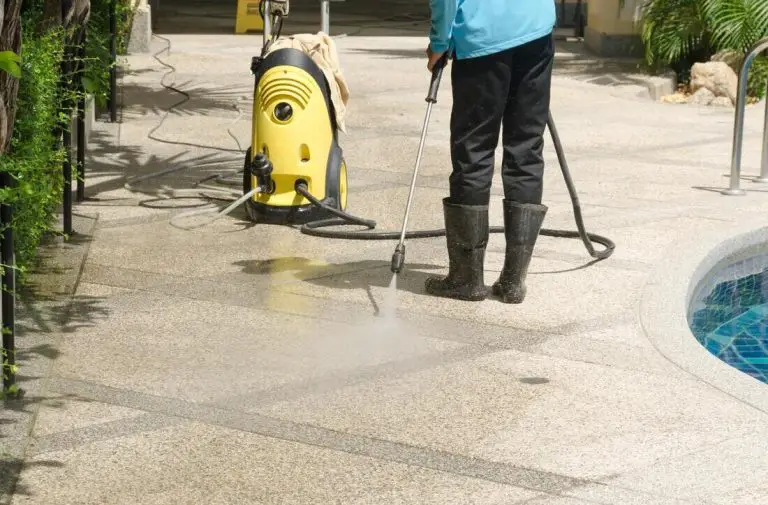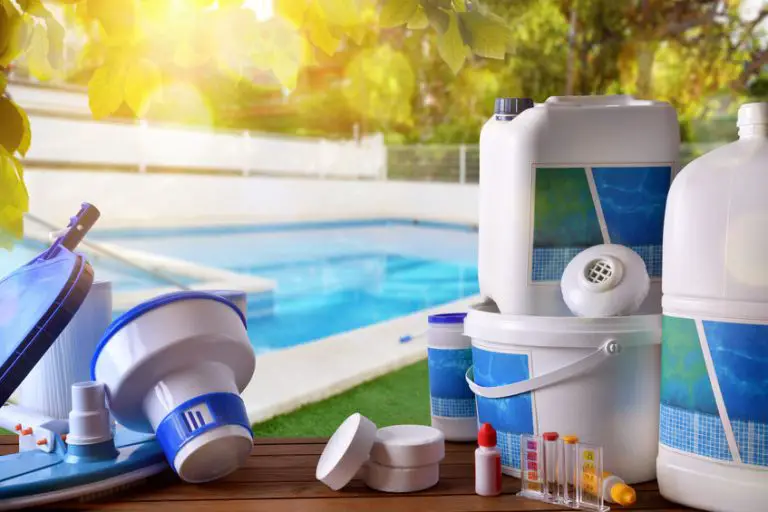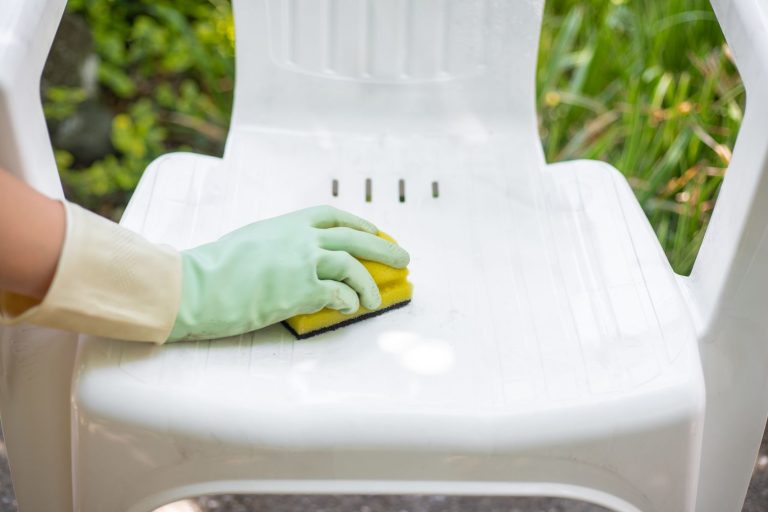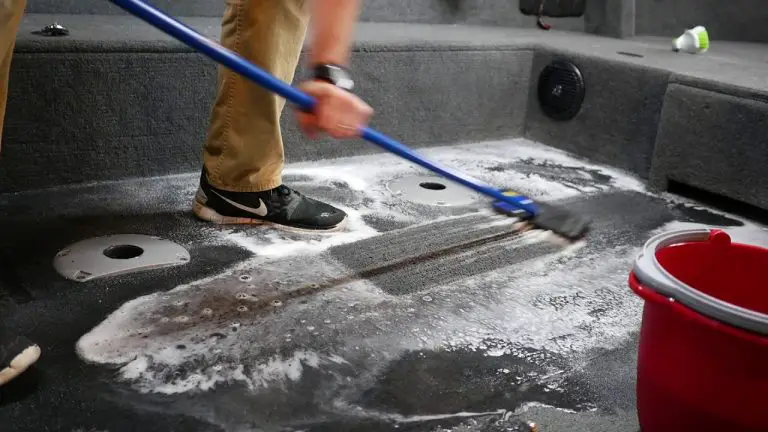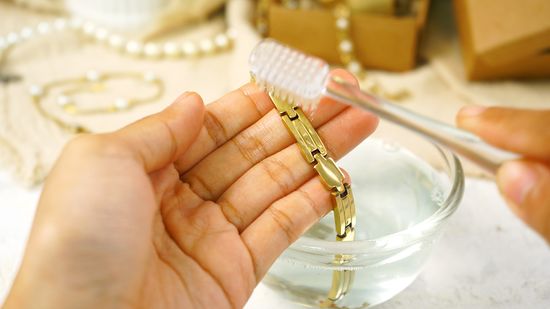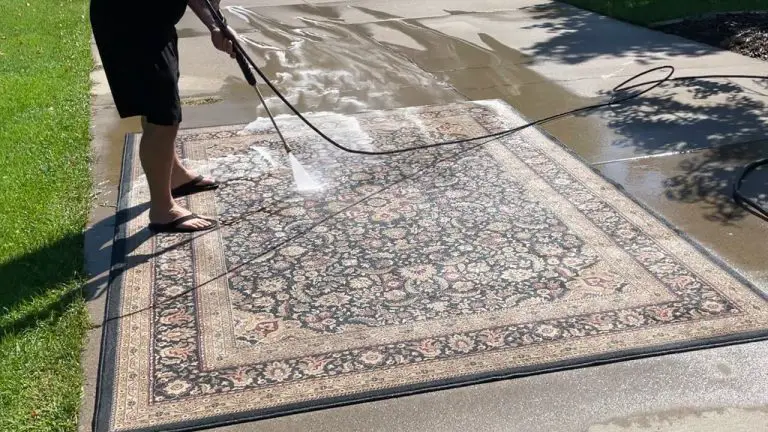What Can I Pour Down A Drain To Unclog It?
If you’re dealing with a clogged drain, you may be wondering what you can pour down the drain to unclog it. There are a variety of options available depending on the severity of the clog and what materials it is composed of. Many household items can be used to tackle a clogged drain, including baking soda and vinegar, boiling water, and commercial drain cleaners. Additionally, you may need to use a plunger or plumbing snake for more severe clogs. Knowing what to pour down a drain to unclog it can save you time and money in the long run.
What Causes Clogged Drains?
Clogged drains are a common problem that can be caused by a variety of factors. Hair, grease, soap residue, and other debris can accumulate over time and eventually block the flow of water in a drain. Other causes of clogged drains include tree roots, mineral buildup, and foreign objects that have been inadvertently flushed down the drain. In addition to these, incorrect installation of plumbing fixtures or plumbing pipes can also lead to blockages. Regardless of the cause, it’s important to address the issue quickly in order to prevent further damage to the pipes and plumbing fixtures. Knowing the cause of a clog can help you decide the best approach for unclogging the drain.
What Shouldn’t Be Poured Down a Drain?
When it comes to unclogging a drain, many people might be tempted to reach for a chemical solution. But pouring chemicals down a drain to unclog it can be a bad idea. Not only may it not solve the clog, but it can also damage your pipes and even the environment.
Household items such as baking soda, vinegar, or even boiling water can provide a more natural and much safer alternative for unclogging a drain. The same goes for commercial drain cleaners, which can be dangerous to use and often don’t solve the clogging problem.
Other items that should never be poured down a drain include cooking oils, fats, and grease. These can solidify and stick to the sides of the pipes, causing a major blockage. Similarly, paint, paint thinner, and other paint products should never be poured down a drain. These can contaminate the water supply, and, if in sufficient quantities, can even poison the local water supply.
Finally, it’s important to note that even if certain items are labeled as “flushable”, such as wipes and feminine hygiene products, these should not be poured down a drain. These items can create clogs and can even damage the pipes.
To unclog a drain without damaging it, the best option is to use natural alternatives such as baking soda and vinegar. If this doesn’t work, it’s best to call a professional plumber to safely and properly unclog the drain.
Natural Solutions for Unclogging Drains
Have you ever noticed that your kitchen or bathroom sink is draining slower than usual? If so, you may have a clogged drain. While there are a variety of chemical-based products available that can unclog drains, there are also natural solutions you can try at home. These solutions are often more cost-effective and much safer for the environment.
One of the most effective natural solutions is baking soda and vinegar. Start by pouring one cup of baking soda down the drain. Then, add one cup of white vinegar. This combination will create a foaming reaction that will help break down any debris that is clogging the drain. Let the solution sit for a few hours before flushing it with boiling water.
Another natural solution is boiling water. Boiling water can help break down the debris that is blocking your drain. Simply bring a pot of water to a boil and pour it slowly down the drain. You may want to repeat this process a few times to ensure the clog is gone.
Finally, you can use a plunger. If you are dealing with a more stubborn clog, a plunger can help break it up. Make sure you create a tight seal between the plunger and the drain before you start plunging. This will help ensure that the water is forced through the clog.
If you have a clogged drain, you don’t need to use harsh chemicals. Natural solutions like baking soda and vinegar, boiling water, and a plunger can help get your drains running smoothly again. Try one of these solutions before you reach for a chemical-based product.
Chemical Solutions for Unclogging Drains
We all know the feeling of water backing up in the shower or a sink drain not running properly. It can be a sign of a serious plumbing issue, but more often than not, it’s simply a clog. To avoid costly plumbing repairs, it’s best to address the issue as soon as possible. Thankfully, there are some chemical solutions to unclog drains quickly and safely.
Chemical drain cleaner is a popular option for clearing clogs. The product contains a mix of lye, bleach, and other harsh chemicals that work together to dissolve the clog. It can be an effective way to unclog a drain, however, it can also be hazardous to your health and the environment, so it’s important to use it according to the manufacturer’s instructions. It’s also important to remember that chemical drain cleaners are not always the best option for every clog.
Another chemical solution for unclogging drains is vinegar and baking soda. The mixture creates a bubbling reaction that can help break down the clog. While it’s not as powerful as chemical drain cleaners, it is a safer alternative and won’t damage your plumbing.
Finally, there are a number of natural solutions that can help unclog drains. Boiling water is one of the simplest solutions and can be effective in removing grease and soap scum. Additionally, you can try using a plunger or a drain snake to dislodge the clog.
No matter which solution you choose, it’s important to be safe and use caution when working with chemicals and plumbing. If the clog persists, it’s best to call a professional plumber for help.
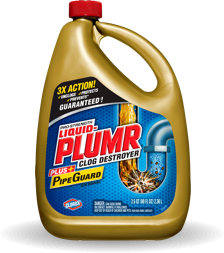
DIY Tips for Unclogging Drains
Are you dealing with a clogged drain? It can be an incredibly frustrating experience, especially when you’re not sure how to tackle the problem. Finding a solution for a clogged drain doesn’t have to be difficult—there are actually a variety of DIY tips you can use to unclog your drain. From products you can pour down the drain to methods of unblocking it, here are some helpful tips for unclogging your drain.
Using a plunger is the most common way to unclog a drain. All you need is a cup-style plunger to create a tight seal around the drain, then pump it up and down to create a suction that should dislodge the clog.
You can also use a mixture of baking soda and white vinegar to unclog your drain. This natural mixture produces a fizzy reaction that helps to break down the clog. Just pour one-half cup of baking soda down the drain, followed by one-half cup of white vinegar. Allow the mixture to sit for a few hours, then pour hot water down the drain to flush out the clog.
Chemical products such as drain cleaner, bleach, and caustic soda can be used to unclog drains, but it’s important to exercise caution when using these products. Always wear gloves and safety gear and follow the directions carefully.
Lastly, a good old-fashioned wire hanger can be used to unclog a drain. Straighten out the wire hanger and use it to fish out any debris that may be blocking the drain.
By following these tips, you should be able to unclog your drain with ease. If your drain is still clogged, it’s best to call a professional plumber for help.
Professional Drain Cleaning Solutions
Drain clogs are one of the most common plumbing problems that homeowners face. But before you call a professional plumber to take care of the clog, there are a few DIY solutions that you can try. One popular option is pouring a mixture of chemicals down the drain to break up the clog. But before you pour anything down the drain, it’s important to understand what can and can’t be used. In this article, we’ll discuss the pros and cons of using chemical drain cleaners to unclog your drain, as well as some other professional drain cleaning solutions that you may want to consider.
Chemical drain cleaners are caustic and can cause a lot of damage to your pipes. It’s also important to consider the environmental impact of these chemicals, as they can be very toxic and damaging to the environment. However, if used properly, these chemicals can be effective in breaking up clogs. It’s important to read the instructions carefully and follow them precisely to avoid causing further damage.
If you’d rather avoid chemical cleaners, there are a few other professional drain-cleaning solutions that you can consider. These include snake augers, which use a long metal cable to break up the clog. Drain jetting, which uses high-pressure water jets to break up the clog, is another option. Finally, an experienced plumber can use a video camera inspection to identify the clog and determine the best course of action.
No matter what method you choose, it’s important to address the issue as soon as possible. Clogs can quickly become worse and can eventually lead to major plumbing issues. So, if you’re experiencing a clogged drain, it’s important to find a professional solution before it gets out of hand.
Preventative Measures for Keeping Drains Clear
Clogged drains can be a real headache, but there are a few preventative measures you can take to keep them flowing freely. First, check to make sure all your drains have mesh strainers to catch hair and food particles. These should be cleaned regularly to prevent them from building up. Also, avoid pouring grease and oil down your drains, as these substances can congeal and further clog your pipes. Consider installing a sink stopper to help prevent food particles from entering your pipes.
Another way to keep your drains unclogged is to use natural cleaners. Vinegar, baking soda, and salt are all effective at dissolving buildup in your pipes, and they’re much safer for the environment than chemical-based cleaners. If you’re dealing with a particularly stubborn clog, try boiling hot water and pouring it down your drain, as this can help to loosen the blockage. Finally, if all else fails, call a plumber for assistance. A professional can help to clear out your pipes safely and quickly.
By following these simple preventative measures, you can keep your drains clear and clog-free. With a little bit of effort, you can ensure that your drains stay unclogged and your household runs smoothly.
FAQs About the What Can I Pour Down A Drain To Unclog It?
1. Is it safe to use chemical drain cleaners to unclog a drain?
Answer: Chemical drain cleaners can be effective in unclogging a drain, but they can also be hazardous to your health and the environment. It’s important to use caution when using these products and to follow the instructions on the label.
2. What natural products can I use to unclog a drain?
Answer: You can use a combination of baking soda and vinegar to help unclog a drain. Start by pouring ½ cup of baking soda down the drain, followed by ½ cup of white vinegar. Then, let the mixture sit overnight and rinse with hot water the next day.
3. Is it safe to pour boiling water down a drain to unclog it?
Answer: Yes, pouring boiling water down a drain can help unclog it. However, it is important to use caution when doing so as the hot water can damage the pipes. You should also not use boiling water if you suspect that the clog is due to grease or oil as this can make the clog worse.
Conclusion
Pouring a chemical drain cleaner or a solution of baking soda and vinegar can be effective in unclogging drains. It is important to use caution when pouring any chemicals down a drain as they can be dangerous if not handled properly. If the clog persists after using a drain cleaner, an auger or a plumber’s snake may be needed to clear the drain.
